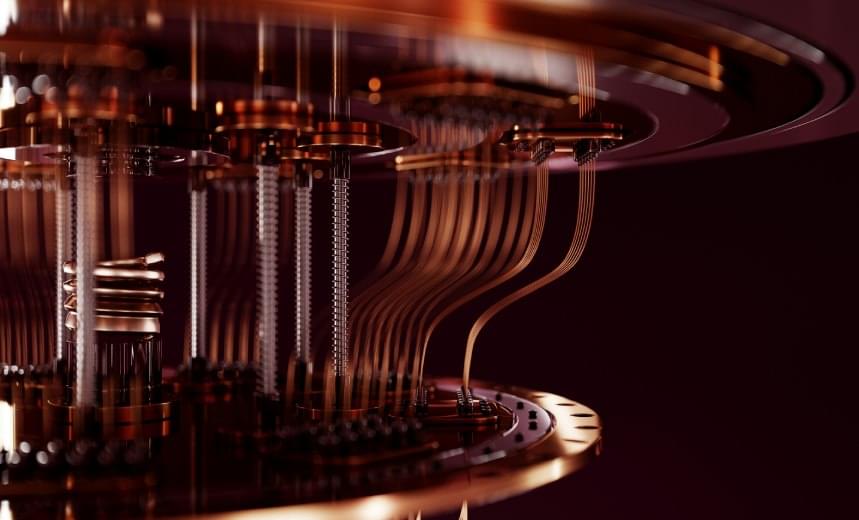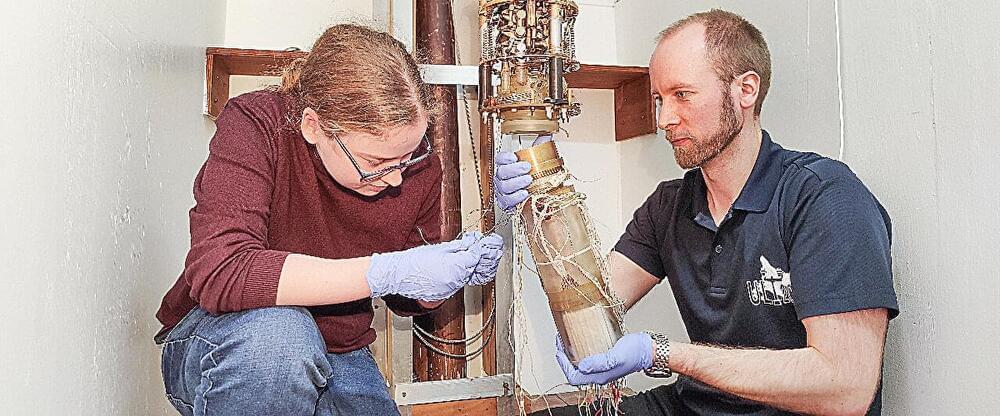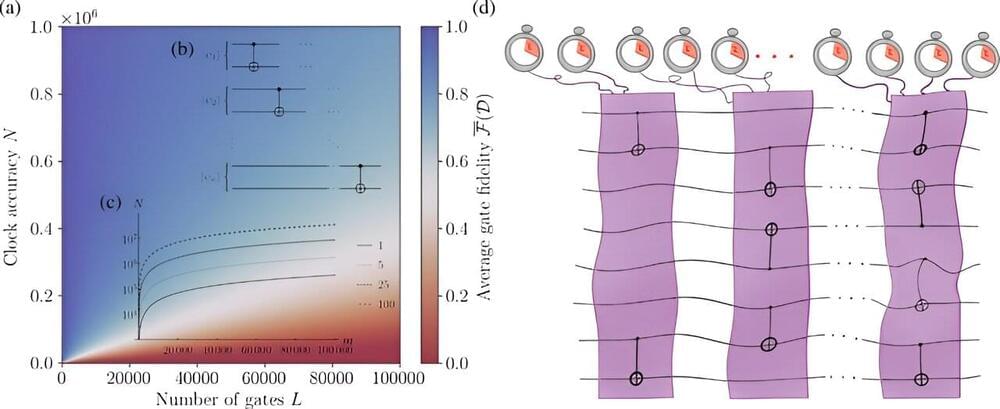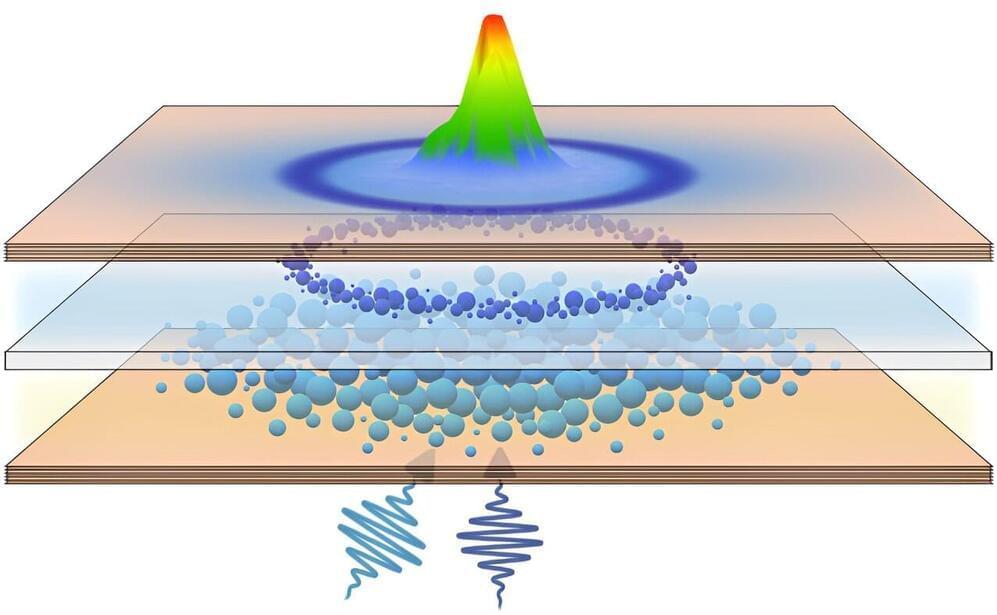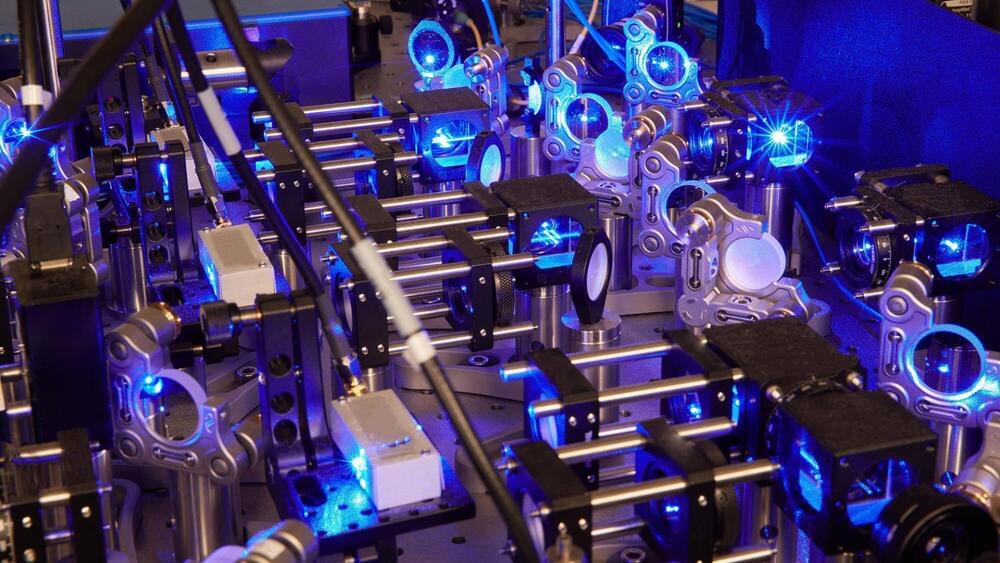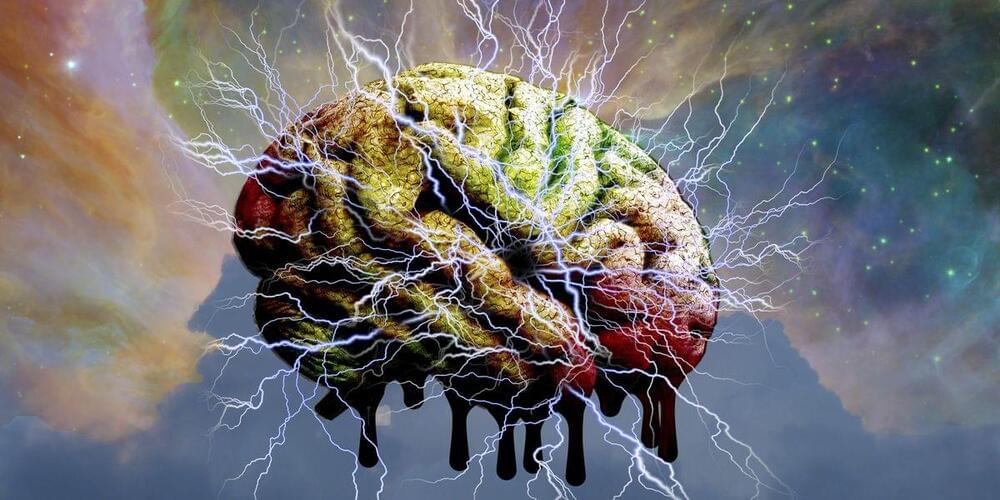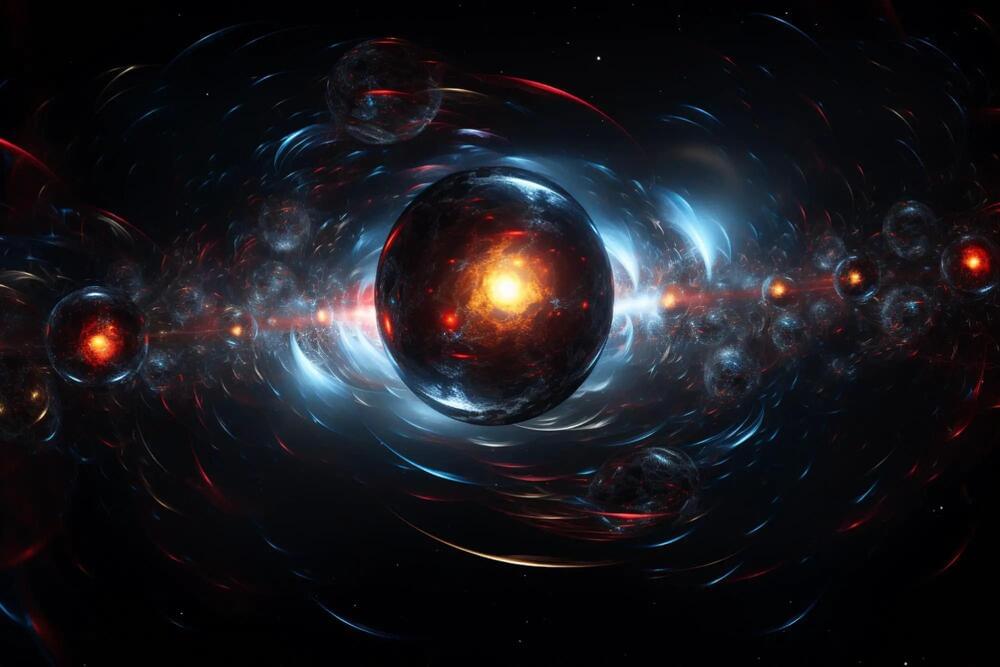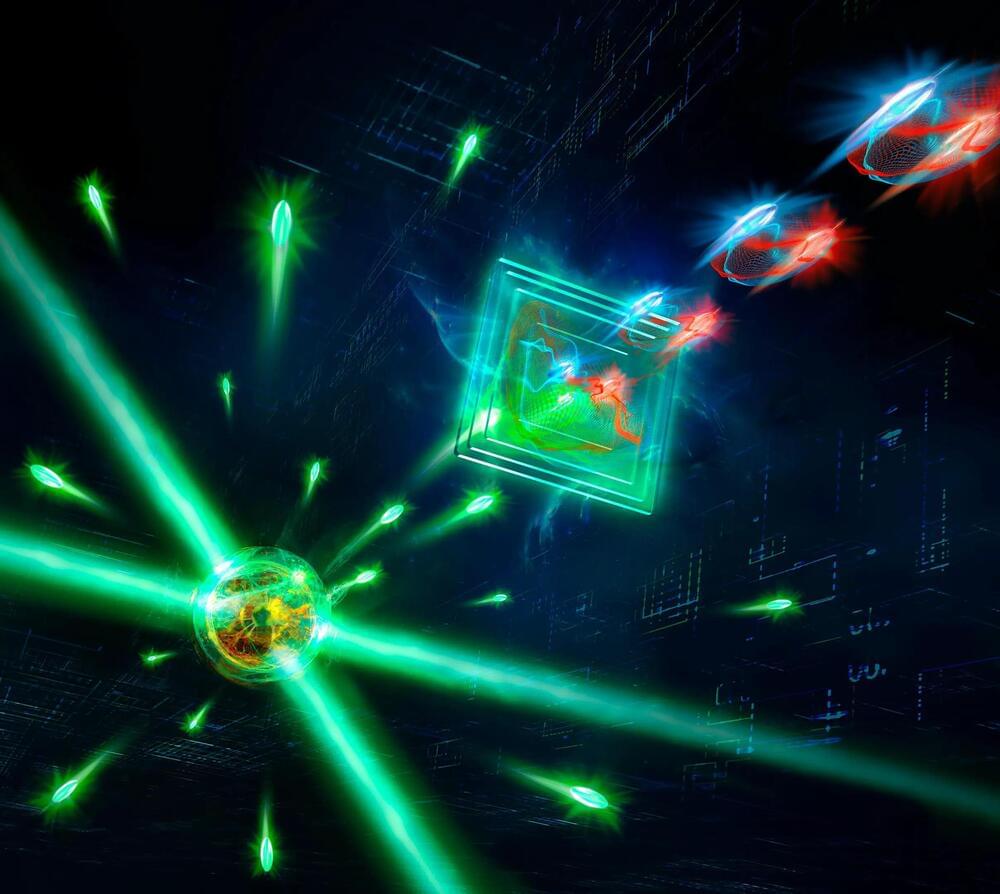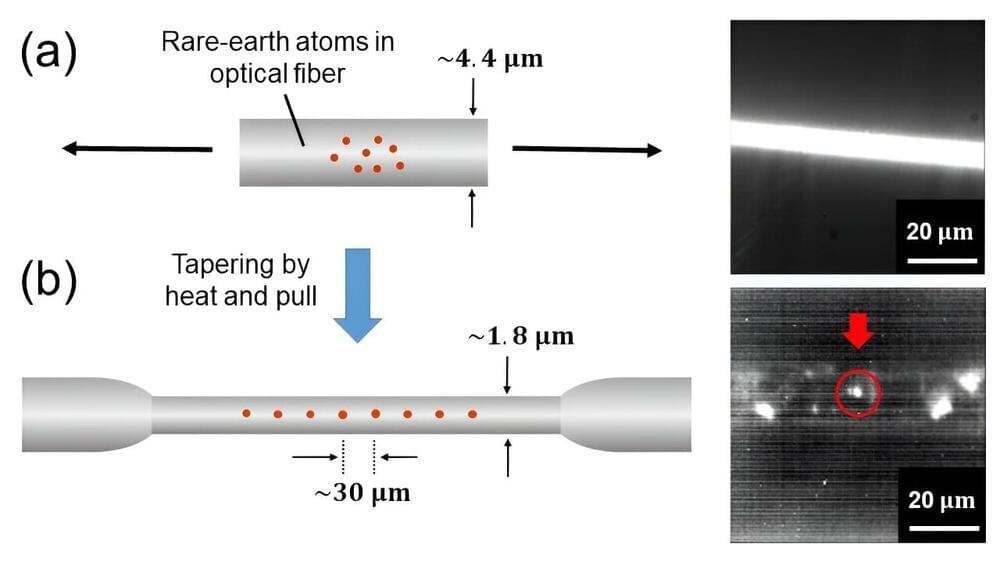
Quantum-based systems promise faster computing and stronger encryption for computation and communication systems. These systems can be built on fiber networks involving interconnected nodes which consist of qubits and single-photon generators that create entangled photon pairs.
In this regard, rare-earth (RE) atoms and ions in solid-state materials are highly promising as single-photon generators. These materials are compatible with fiber networks and emit photons across a broad range of wavelengths. Due to their wide spectral range, optical fibers doped with these RE elements could find use in various applications, such as free-space telecommunication, fiber-based telecommunications, quantum random number generation, and high-resolution image analysis. However, so far, single-photon light sources have been developed using RE-doped crystalline materials at cryogenic temperatures, which limits the practical applications of quantum networks based on them.
In a study published in Physical Review Applied on 16 October 2023, a team of researchers from Japan, led by Associate Professor Kaoru Sanaka from Tokyo University of Science (TUS) has successfully developed a single-photon light source consisting of doped ytterbium ions (Yb3+) in an amorphous silica optical fiber at room temperature. This newly developed single-photon light source eliminates the need for expensive cooling systems and has the potential to make quantum networks more cost-effective and accessible.
